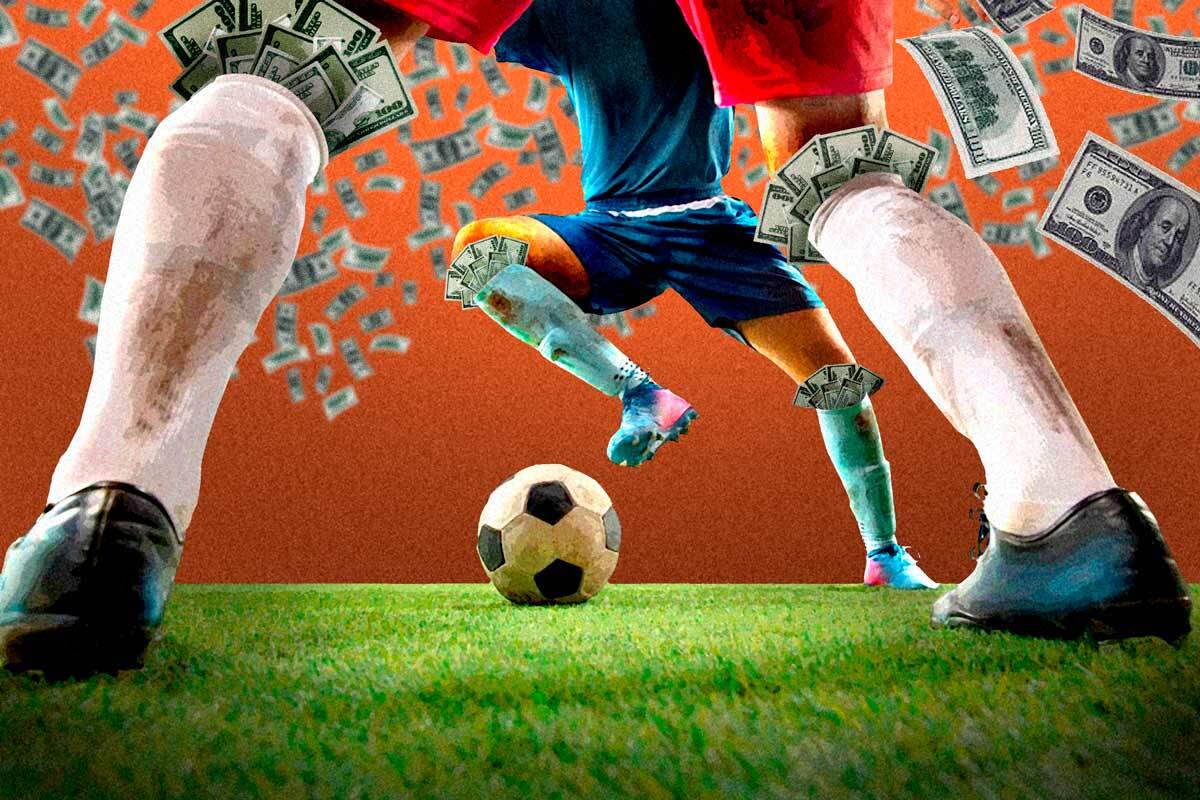Since the Nicaraguan Soccer Federation (Fenifut) announced the temporary suspension of twelve players from three clubs in the Nicaraguan first division league, Humberto‘s sporting life has been uncertain. “I haven’t been able to sleep well these days,” he says.
The fear of this young soccer player is that he will be included among the athletes investigated for alleged match-fixing in the past Opening Tournament of the national soccer’s highest category. “It would end my life,” he says.
Humberto belongs to one of the three first division clubs whose players are being investigated for match-fixing: Club Sport Sébaco, Walter Ferretti and the recently promoted Matagalpa F.C. So far Fenifut’s investigations have not included him, despite having participated in the fixing of a game in the tournament that ended in 2023.
“They asked us to do something and that made it easier for a result to happen. In exchange they gave us money,” revealed the young soccer player to DIVERGENTES, who requested anonymity for safety reasons and out of fear that the Federation will suspend him for life in national soccer.
Humberto says he is “deeply sorry” for having fixed that match. He says that if he could turn back time to refuse to participate in the fixing, he would do so without thinking. “I’m in trouble, because I don’t know if I’m going to be sanctioned, I don’t know what’s going to happen to me. I just want days to pass and everything to be forgotten,” he says.
So far, Fenifut has temporarily suspended only twelve players from the three previously mentioned teams and it is not known if more athletes are included in the list of players who fix matches in the First Division League. A decision on a lifetime sanction will be known when the Disciplinary Panel and the Federation’s Integrity Department conclude their investigations.
History of match-fixing in national soccer
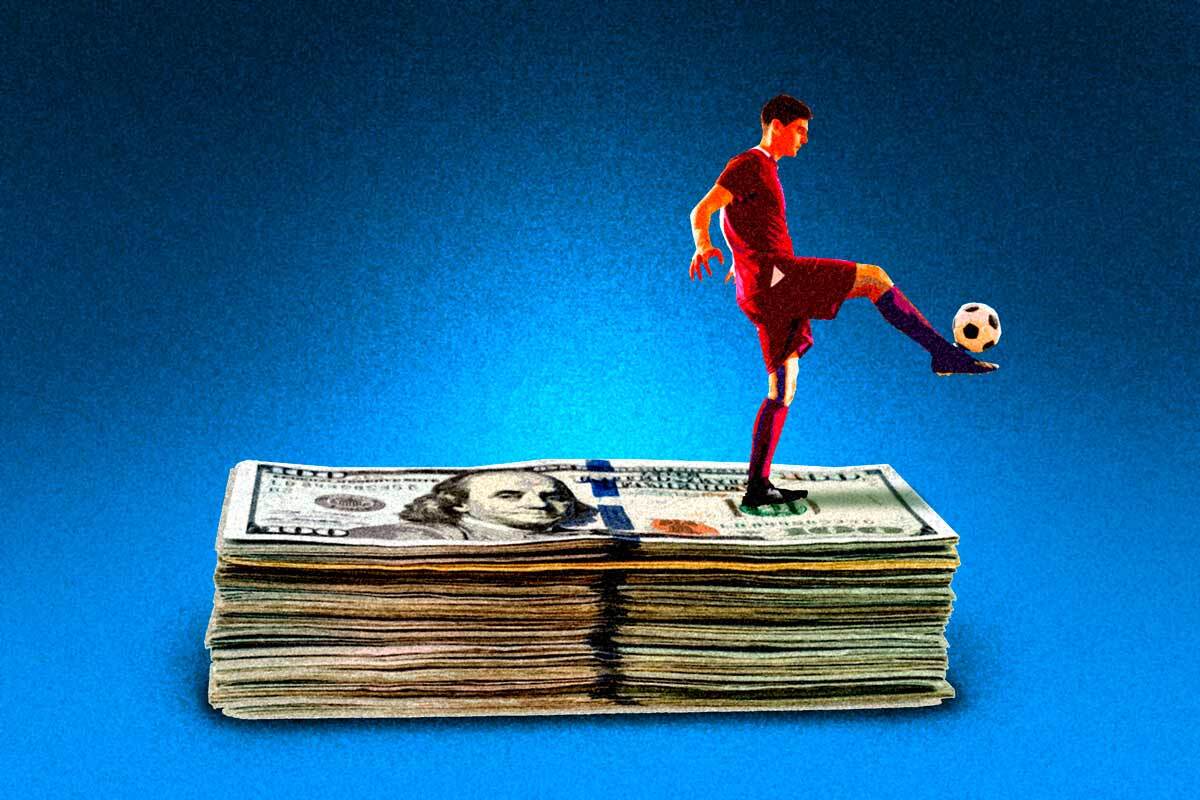
The case of the twelve players is not the first known in our national football. Three years ago, Fenifut reported a network of players who were involved in fixing soccer matches. That time, they banned 19 players from all activities related to the sport.
It was assumed that with the dismantling of this “gang”, the fixing would stop. However, just like cancer, this practice has spread to volleyball, basketball and national baseball, according to information obtained by DIVERGENTES.
In order to understand how rigging works in the different sports disciplines, in addition to Humberto, an active player who confessed to having participated in a match fixing; we also talked to a volleyball player who was approached by a ” fixer”, and an active baseball player, who confirmed that the “cancer” reached the so-called “king of sports”.
We also interviewed experts in national soccer, sources linked to Fenifut and the Nicaraguan Institute of Sports (IND), who explained why Nicaragua has not been able to get rid of this problem.
Rigging and sports gambling
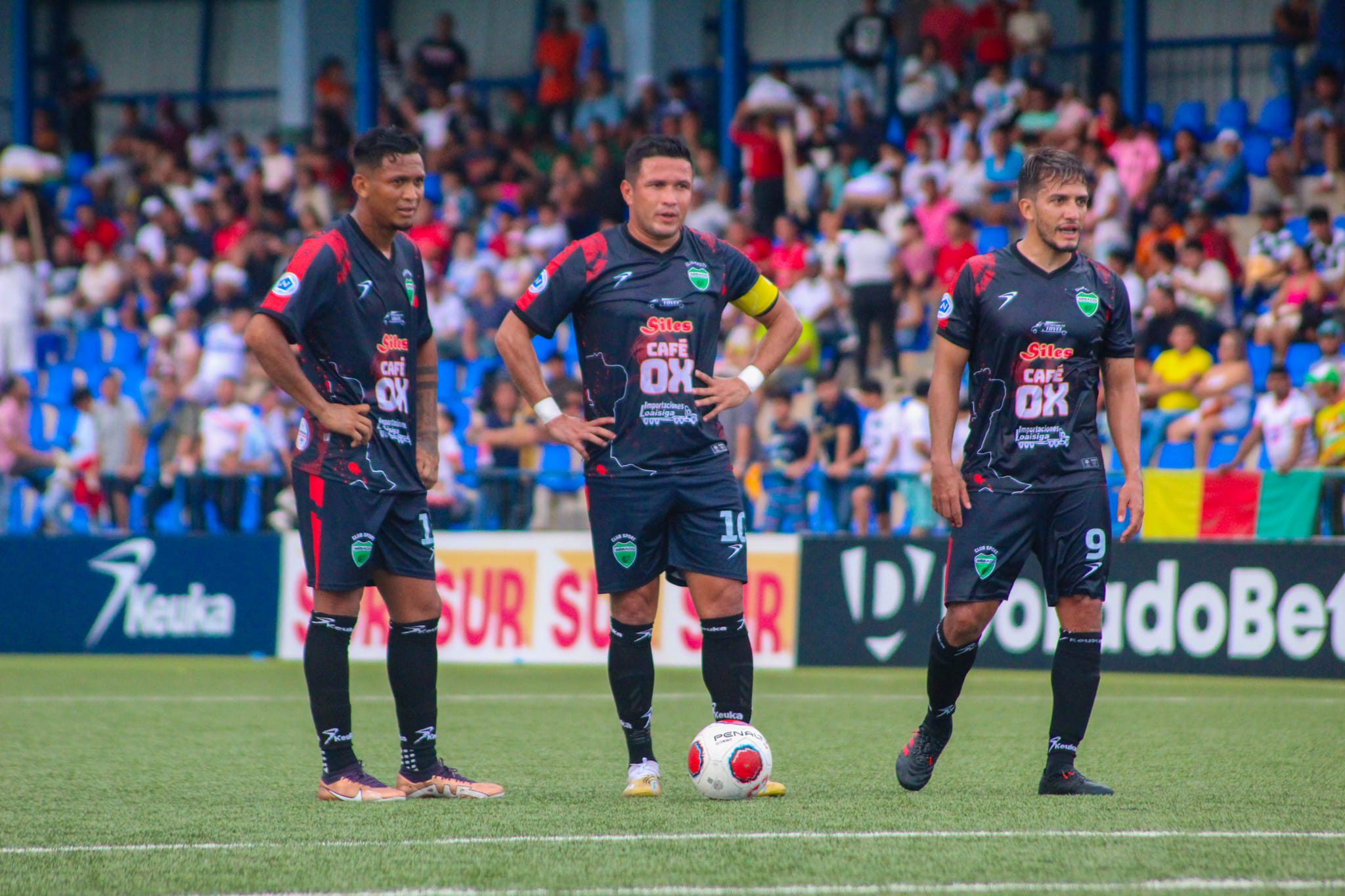
Soccer, basketball, baseball, volleyball, and other disciplines practiced professionally, have evaluation systems that determine who wins and who loses. For fans, the important thing is that their team wins. For others, the uncertainty of the outcome has greater appeal, especially when money is involved in the process.
The website I Trust Sport points out that match-fixing is a threat to sports and that it can be done in two different ways. One is by paying bribes to encourage an athlete or group of athletes to lose a particular competition, and the other is by betting money on a tournament for which they already know the outcome before the match takes place. The latter is the most commonly used in Nicaragua.
“It is important to mention that rigging is nothing without betting houses. For a match-fixing to occur, the soccer, volleyball or basketball league must be registered in a page of this type,” explains a source linked to Fenifut. “It’s not that we are demonizing these businesses. But this is what allows rigging to take place,” he says.
In Nicaragua, for example, Dorado Bet has betting lines for the first division league. Anyone who registers can top up money through a bank transfer and then bet on their favorite team. They also have available options for betting on soccer leagues in Albania, Ethiopia, and Trinidad and Tobago.
Just as this betting house, small compared to others worldwide, includes the Albanian league, other betting sites on the other side of the world offer the Nicaraguan games of the First League, the First Division volleyball or the German Pomares baseball tournament.
“That window they offer on the other side of the world to be able to bet on national sports is what has allowed match fixing in Nicaragua, and in the other countries where game fixing is registered. They don’t bet a hundred dollars, they put thousands of dollars on games that perhaps we consider unimportant, but that generate a lot of money,” explains a source linked to the Nicaraguan Sports Institute (IND).
A match-fixing scandal occurred in 2022
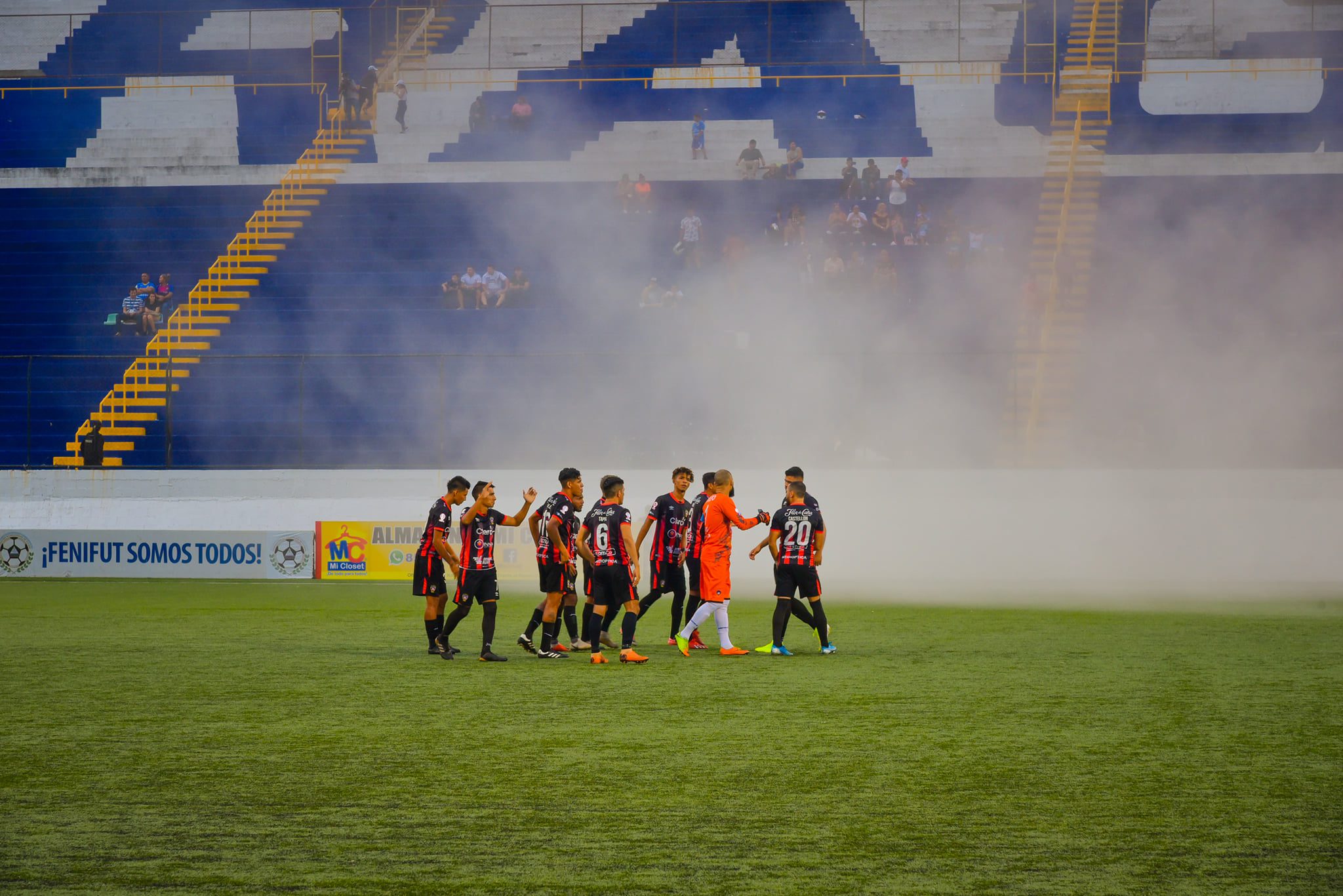
In March 2022, an article published by the newspaper La Prensa revealed that players belonging to the First Division teams Ocotal and Jalapa were fixing games to favor a foreign gambler who made his transactions on an European website.
According to La Prensa‘s article, the bets were made in the online casino www.99822.com. The screenshots they presented as evidence of the rigging, showed that the players altered the outcome of the game, with the sole purpose of benefiting the gambler who contacted them.
Another important factor for the rigging to be executed is that the gambler has players at his disposal to fix the desired result. For example, you can bet that there will be a goal before the 10th minute. In this case the job of the athletes involved would be to let them score a goal in the first nine minutes.
“With just that happening, if the gambler bet $2,000 that it was going to happen, he could win between $6,000 or $7,000, depending on the line the casino gives him, which could be 3 or 3.5. But this can increase if he puts in more money. If the gambler puts 50,000 on this result, he multiplies it by the line of 3 and the result is 150,000 dollars or the currency in which he bets”, explains the source linked to Fenifut.
The history of match fixing in Nicaragua
The first time there was talk of match-fixing in Nicaragua was in 2011. That year Fenifut sanctioned Armando Collado for life, a soccer player with a career in national and international soccer who played in the “Blue and White” and in Real Estelí.
According to the Federation’s statement, after conducting an investigation, they found that Collado was the promoter of match-fixing with the national team in official competitions of the North, Central American and Caribbean Football Confederation (Concacaf).
The most compelling evidence was the testimonies of several teammates, who were not identified, who accused the former Real Estelí player “of being the promoter of these events”.
“Fenifut and FIFA were supposed to work on a strategy to eliminate match-fixing in the National Team and also to strengthen the First Division clubs so that their players would not be tempted to fix matches. But nothing was achieved,” the source linked to Fenifut told DIVERGENTES.
Without Collado in the country (he moved to Paraguay) no one was supposed to promote match-fixing in the country. However, according to the source linked to Fenifut, the networks of match-fixers remained intact in the country and continued with this money-making system.
How match-fixing recruitment works
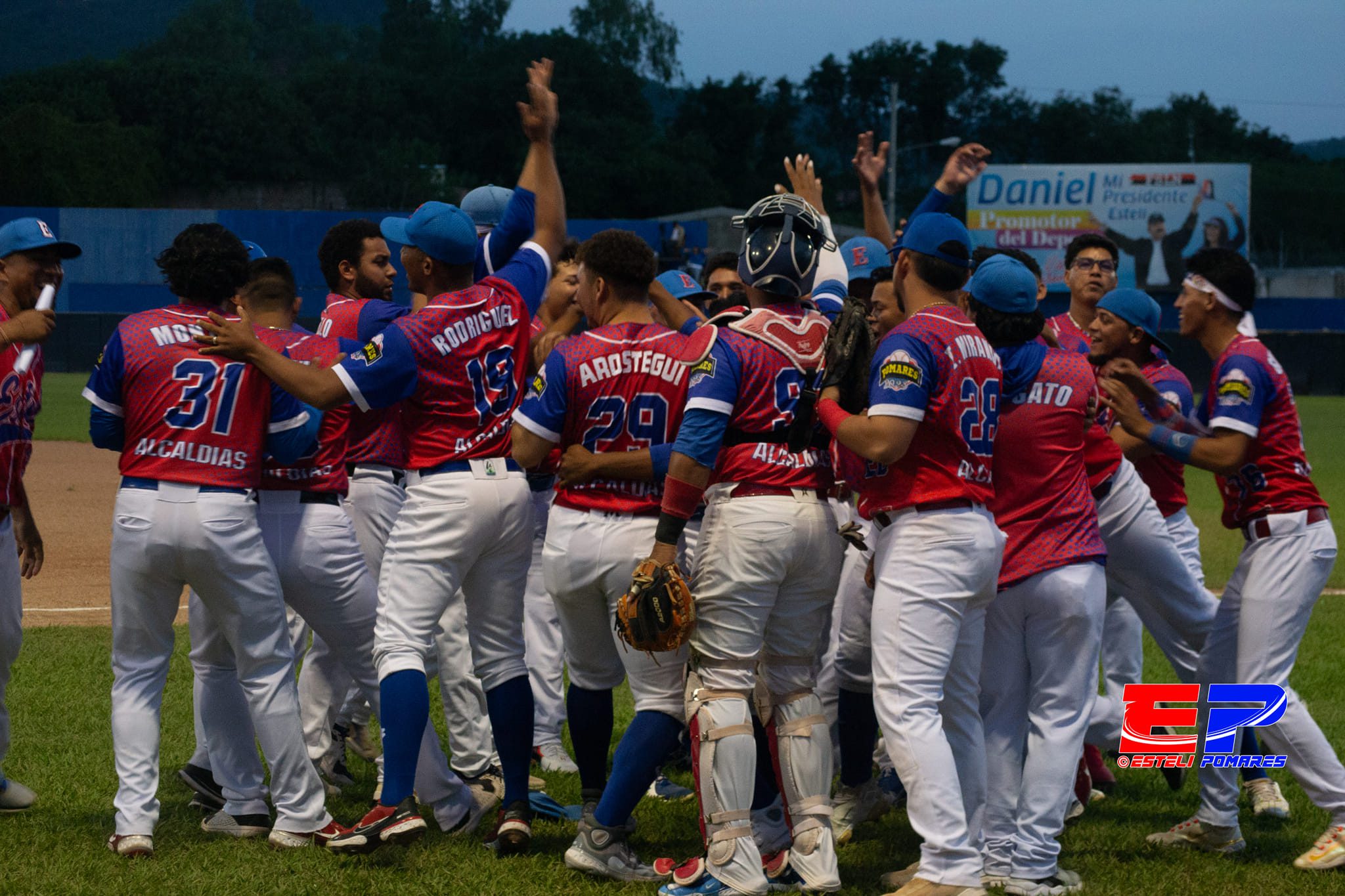
Humberto, the soccer player who agreed to speak to us anonymously, explained how players are recruited to participate in match-fixing. He also mentioned how much each player can be paid, depending on the betting line that is set for the match.
“In Nicaragua there are several groups that are dedicated to finding players to rig games. Each group has its ringleader, so to speak, and he and others look for each player,” he says.
The ringleader recruits at least five players from a team to ensure that the game can be fixed depending on what is being bet. Rarely do they exceed six players from the same team, since it would generate more “investment” to pay them for their work and could raise suspicions.
“I was told if I wanted to join, they gave me the details, told me about the payment and I said yes because I had needs. We had to wait for a sign to make the arrangement. In the end it was done, and they paid us what they had told us,” said the soccer player.
The sign Humberto refers to is an announcement made by an “emissary” who is usually in the stands, together with the other fans, waiting for the gambler to confirm the bet by message or call.
“They do this at the time of the game because the lines generally increase. Sometimes it is at the beginning or at the end. For example, if a soccer game is 0-0 and there are five minutes left, the ‘emissary’ may give the sign in minute 85 for the players he contacted to let in a goal. Generally in this type of situation, the profits are higher when betting”, explains the source linked to Fenifut.
The same source points out that sometimes the bet is not placed because the odds do not go up. In these cases the players must wait for another match to fix the game and execute the rigging.
Regarding the payment, Humberto did not want to give further details. He only stated that in a game a soccer player can receive between 2 000 and 5 000 dollars, always depending on the betting line. “But it is an addiction, I know of colleagues who now dedicate themselves to being a link between the leaders of the groups and the gamblers,” he said.
Last season, in the opening tournament of the first division league, Humberto claims that there were more than ten matches that were fixed to benefit gamblers. The results, according to the player, were not only rigged in the highest category of national football, but also in lower categories and women’s soccer.
Volleyball and baseball were not spared from the match fixing”cancer”
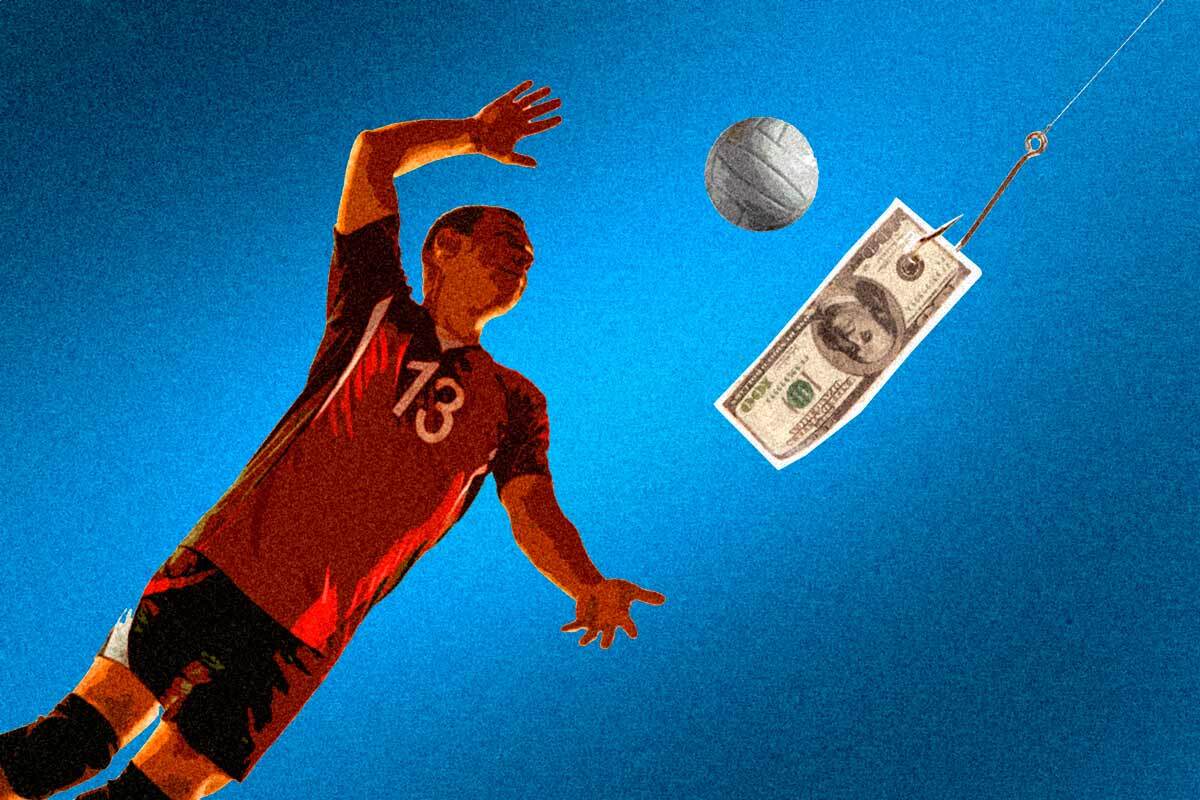
Sports rigging is no stranger to national soccer. DIVERGENTES interviewed a source linked to the country’s Volleyball Federation, who confirmed that in this sport there are allegations of match-fixing and matches that have also been fixed to favor international gamblers.
The source linked to the Volleyball Federation said that in the first edition of the tournament, some team players were offered up to US$1,000 for losing with a score set by the gambler.
The form of recruitment is similar to that used in soccer and always works with the “emissary” who always arrives at the stadiums to confirm whether the arrangement is going to be made or not. “I have detected a man and a woman, who have shown up when the Esteli volleyball team plays,” says the source.
A player of a Nicaraguan First Division volleyball team, who asked not to be named for security reasons, said that an “emissary” approached him and two other teammates to offer them 500 dollars each per game to lose by the score established by a gambler.
The same player, without going into further details for fear of his safety, indicates that they have received calls from gamblers who are in Europe asking them to “collaborate” with some results, in exchange for receiving between 500 and 1,500 dollars.
DIVERGENTES spoke with a baseball player who played in the last Germán Pomares Ordoñez (First Division) tournament, who confessed to having received proposals to fix some games.
The “strategy” used by the bettors was to gather up to four players in the lineup to favor lines of strikes or strikeouts in a game, as well as the number of races scored and allowed.
“I didn’t rig games but I do know teammates who did. They are the teams that pay the least, and for them to get a proposal of 1,000 or 2,000 dollars for a game, I think that anyone who earns 8,000 or 10,000 córdobas a month will think about it”, said the player interviewed.
Sports authorities aware of match-fixing
In declarations to the Premier Deportiva show, José María Bermúdez, secretary general of Fenifut, assured that the issue of match-fixing was not only present in soccer, but also “in basketball, volleyball and baseball”.
Bermúdez affirmed that as a Federation they have received cases of game fixing related to these other disciplines, and considered important the approval of a law to “safeguard the integrity of our sports, not only soccer”.
“We have realized that people who have been sanctioned as players have continued to be liaisons for people who are ringleaders of match-fixing,” he said in the sports show.
“As long as we do not eradicate the root of the problem and do not turn it into a crime, generations and generations of players will be sanctioned for the same thing because the people who are really at the root of this (the promoters of match-fixing), are safe. That is what we are going to target, that is what we are going to attack (the ringleaders of match-fixing),” Bermúdez added.
Conditions of athletes in Nicaragua lead to match-fixing
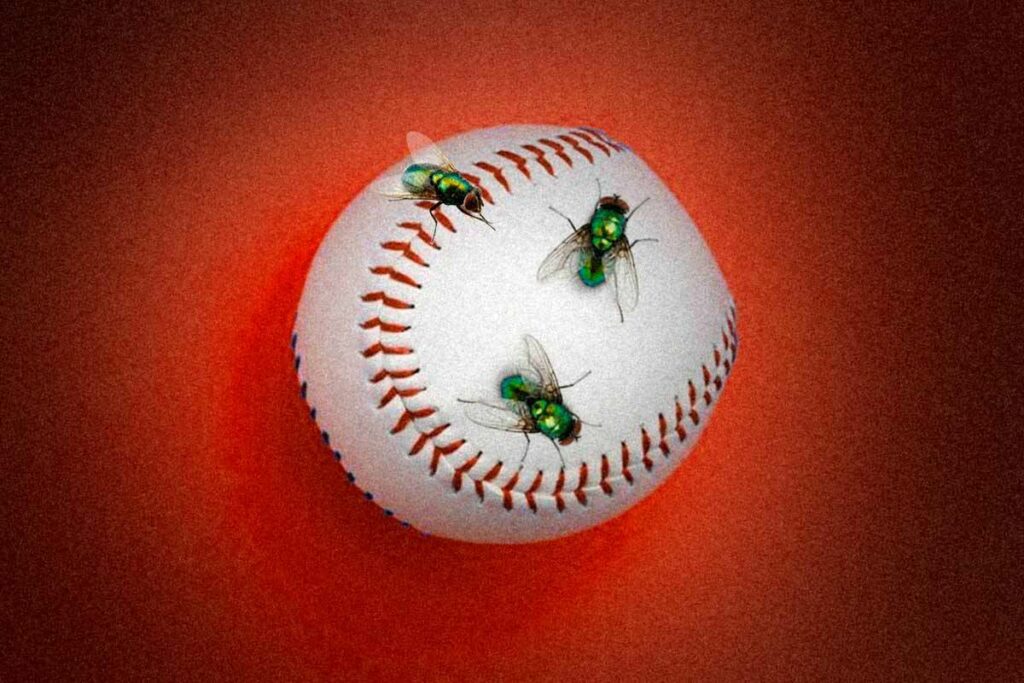
The initiative unveiled by Fenifut’s general secretary regarding a possible reform that criminalizes match-fixing in Nicaragua, is only a proposal that so far has not reached the Sandinista deputies of the National Assembly.
The IND source explained that such modification in the law is complex if from other spaces they fight so that it is not approved. “There are powerful people behind the rigging as well,” he said without further details.
An expert in national soccer and other sports disciplines who spoke to us on condition of anonymity, explained why in Nicaragua it is so easy for soccer matches, and other sports, to be rigged.
“In Nicaragua we have every condition for this to happen. First of all we have a society that minimizes respect for values, secondly, athletes are underpaid and sometimes have their salaries delayed, and thirdly they are offered amounts that they would not earn in a month of work. It is quite easy money within their reach”, he said.
The expert said that it is difficult to eradicate match fixing in Nicaragua because it is something that is already in place, however, he added that it can be reduced. The problem, he explained, is that the Federation has not done a proper job to identify, with evidence, the ringleaders of the groups and other players who see in match fixing an opportunity for monetary gain.
Law could reduce match-fixing cases
“I don’t think a law will stop match-fixing, but we will stop seeing recurring cases as in the last three years. Players will be afraid of rigging because they could be imprisoned. Yes, it would help to control it little by little”, he stated.
The expert assured that he has talked to players who have fixed matches and indicated that their main motivation is to obtain easy money: “Others keep on doing it, because according to them they are forced to do it. And I have met others who are there because they are ambitious,” he explained.
For Humberto, the soccer player who accepted having fixed a game last season, the main reason for players to fix games is the poverty in which they live and the desire to eat well and feel that they can make a living from soccer.
“I know I’m good at what I do, but they don’t value my talent. I fell because of poverty, because I didn’t have the money to pay for certain things I owed. But I don’t want to do it again, even if I don’t escape from being poor,” he said.



